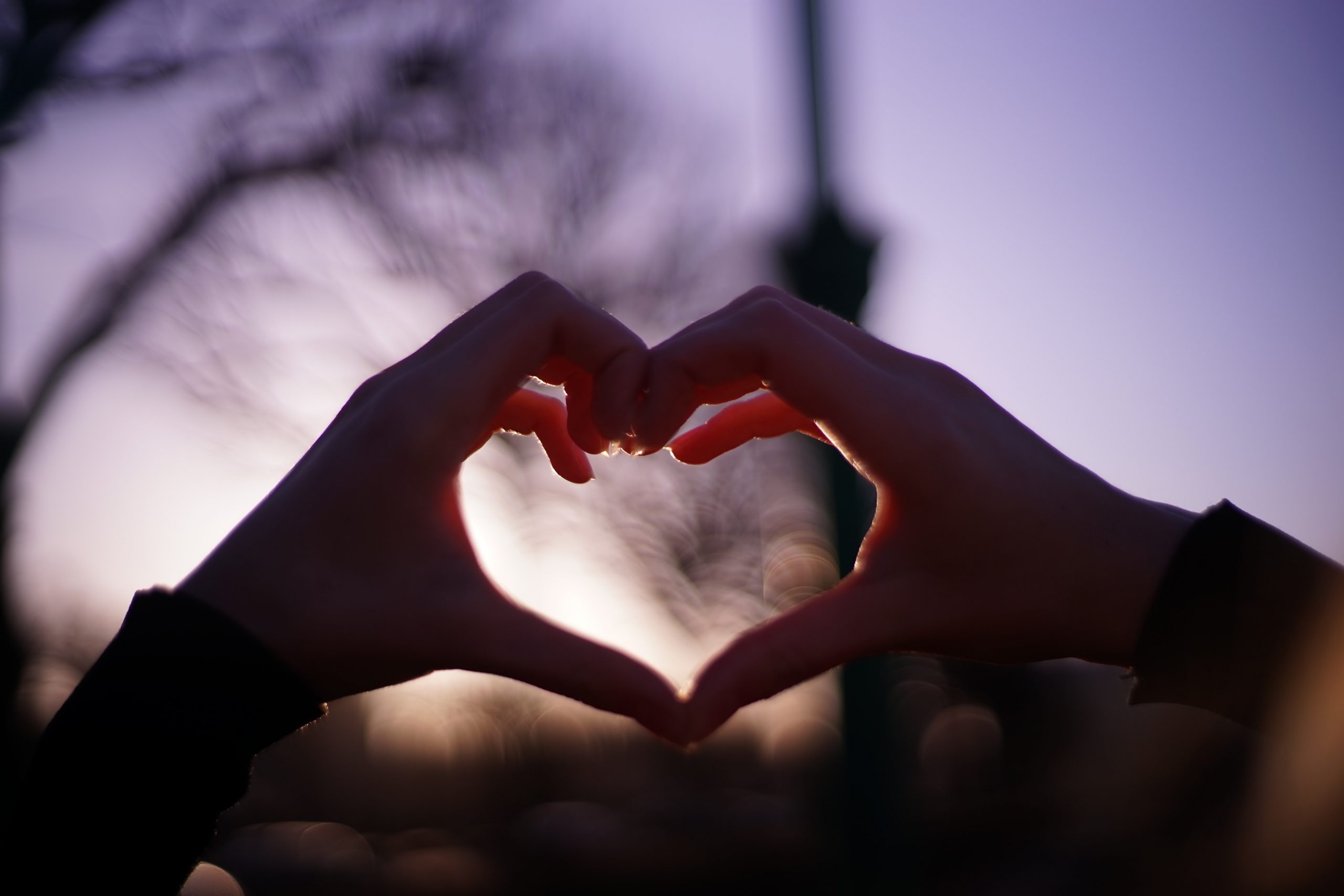Valentine’s Day has a long and fascinating history, evolving from a pagan fertility festival in ancient Rome to a global holiday celebrating love and affection in the modern era. Despite its commercialization, it remains a day for expressing love and appreciation for those closest to us.
From Valentine’s Day gifts to Valentine’s Day recipes, we are all searching for the perfect romantic gesture. However, what BIOZONE searches for when it comes to Valentine’s Day are incredible facts and scientific discoveries about love and the heart.
Ten facts about the Heart and Falling in Love:
The average human heart weighs between 7-15 ounces and is roughly the size of your fist.
A normal heart will pump around 4 tablespoons of blood with each beat.
The first-ever heart transplant took place on December 3rd, 1967 from a 25-year-old female to a 53-year-old male.
The feeling of love is influenced by individual experiences, social and cultural factors, and biology.
There are three stages of love: Lust, Attraction, and Attachment.
Love activates the release of chemicals in the brain, such as dopamine and oxytocin, which create feelings of pleasure and attachment.
The heart is divided into four chambers: the right and left atria, and the right and left ventricles.
The heart is responsible for distributing oxygen and nutrients to the body’s cells and removing waste.
The Mirror Neuron Study (2005) demonstrated that the same brain regions that are activated when we perform an action are also activated when we observe someone else performing the same action, potentially explaining why we are attracted to people who share similar behaviors and mannerisms.
The Pheromone Study (1995) found that the sense of smell plays a role in attraction and mate selection, as certain pheromones produced by the body can unconsciously signal genetic compatibility to potential partners.

Valentine’s Day is a special holiday that has evolved over centuries to become a day for expressing love and affection to those closest to us. Whether it’s through traditional gifts like flowers, chocolates, and cards, or more creative and romantic gestures, the essence of the holiday remains the same: to show our love and appreciation for the people we care about. As we continue to celebrate Valentine’s Day, remember the science behind it and gain more of an understanding into the world of love and the matters of the heart.
Happy Valentine’s Day!
From The BIOZONE Team